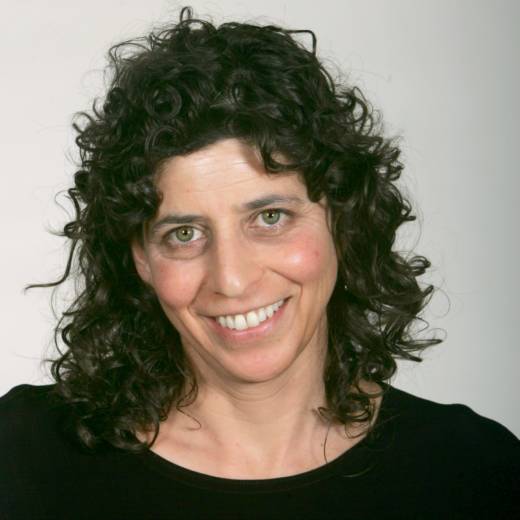When my husband was diagnosed with ALS in 2002, there were no real treatments. There is still no cure, but the FDA recently approved a new drug to combat ALS. This would be big news except the drug only slows the disease by an unmeasurable amount. And this vague improvement costs nearly $150,000 a year.
I'm as eager as anyone else for a cure, but this drug is nowhere close to that. Instead, it's a symptom of what's radically wrong with health care in this country. We spend far too much on desperate measures at the end of people's lives. If we stopped trying to fix the unfixable, if we learned to accept death and helped people ease into dying instead of fighting it, we'd all be better off. Families now face impossible choices. Do you unplug someone or leave them dependent on a machine? Should you ever help someone die?
Only two months after my husband's diagnosis, his breathing was so impaired we were faced with that choice ourselves. Harvey had to get a tracheotomy and be hooked up to a ventilator or risk dying. Nobody explained the greater risk for lung infections or pneumonia. Nobody told me that I would need to suction his lungs using a catheter and a suction machine several times a day - and night. The dire choice was live or die.
Obviously nobody wants to die. But do we want a "medicalized" life, one that means constant hospitalizations and extreme limitations? Is it sometimes better to accept that it's our time to go? If someone from hospice had seen us the day we decided on the trach, I wonder what they would have told us. And would we have chosen differently?
Because the five months Harvey survived on the ventilator weren't full of love and joy and inspiration as Hollywood tells us will happen. It was a time of terror and stress and denial, a bleak existence in a medical war zone.
